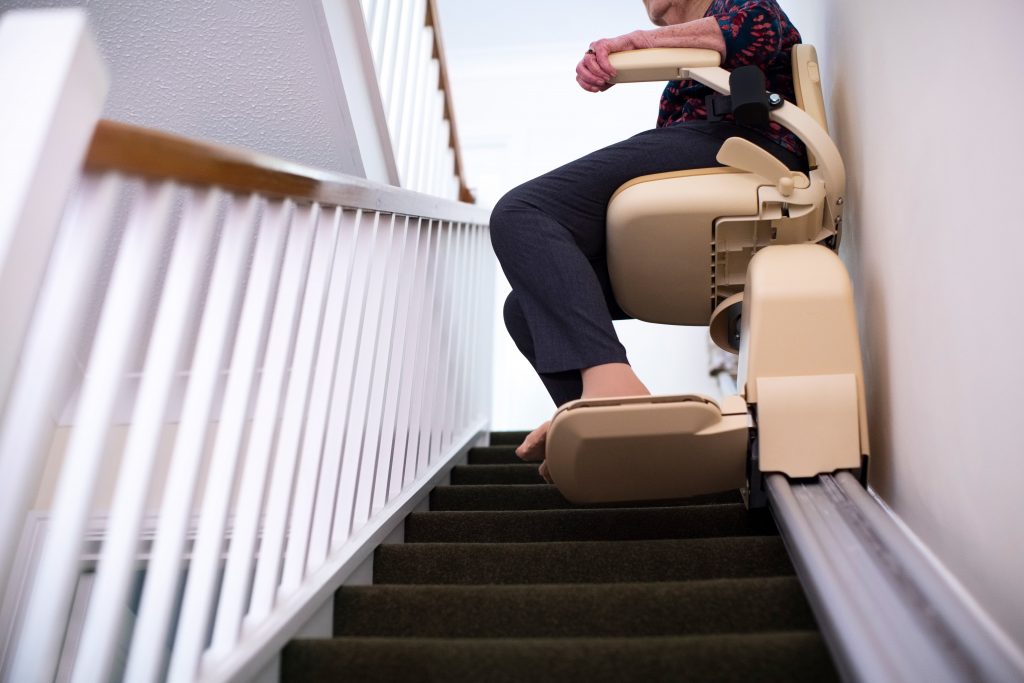How do I access domiciliary care for a loved one?
If you have a family member or loved one who suffers from a debilitating health condition or is simply struggling to look after themselves alone at home, it can be stressful and exhausting. Making the decision to access home care for your loved one is a very important choice in your life and in theirs.
Here is a comprehensive guide on how to access domiciliary care for your loved one.
1. What kind of support can I access?
There are various levels of home care, depending on the intensity and frequency of support required. Diverse home help can aid people with mobility problems, dementia-related illnesses and those needing shorter-term respite care. Services provided include daily tasks such as washing and bathing, preparing meals, and getting in and out of bed.
Domiciliary carers can also perform other tasks, such as house cleaning and taking your loved one to a day centre to ensure that they are not constantly stuck at home. You can also access other support, such as having adaptations made to your home which will make life easier for your relative. Stairlifts and seats in the bathtub or shower can be exceptionally useful for someone with limited mobility, increasing their safety and putting your mind at rest too.

Some services will not only provide active help but will also offer advice on matters such as accessing further help from voluntary organisations and charities, identifying home hazards and organising home repairs necessary for safety and security.
2. How do I organise it?
Generally, the process begins with a free assessment by your local council. You can find the link to your local council’s website here. The assessment is not means-tested and can be accessed by anyone who needs help or has a loved one who needs help. However, as long as your loved one has the necessary capacity, they must agree to the assessment too. The adult social care department of your council will organise the time and date of the assessment.
3. What does the assessment entail?
This assessment often includes a home visit but can sometimes occur over the telephone or over the internet. It will be conducted by a social care professional to talk to your loved one and evaluate their level of need. They will appraise several factors, including physical and mental health difficulties and emotional and social needs. They will take into account the wishes of your loved one and talk to you too if you are their carer. The assessor will also liaise with other health professionals who are familiar with your relative, such as doctors or nurses.
Following the assessment, the council will develop a care plan in writing to arrange the necessary support that your loved one requires. If your relative does not meet the necessary requirements to receive home help, your council can also advise you about other options for home care.
4. How much will it cost?
Costs can vary significantly between different local authorities and your council will be able to inform you of their specific charges for home care services. The service is means tested, but because it involves home care rather than residential care, the means test does not include the value of the property.
If your loved one has capital of less than £14,250, they will be fully funded by the local authority. With capital between £14,250 and £23,250, the care will be partially funded by your council, but you will also need to make a financial contribution to the care too. Full self-funding will only be necessary for anyone with capital in excess of £23,250. (Information sourced from here and applicable to England.)
If your loved one is eligible for financial help, they may receive a personal budget from the local council. The amount of money that is granted will vary according to the level of their capital and the local cost of providing for their care needs.
5. What if my loved one is not eligible for domiciliary care via their local council?
There are voluntary organisations and charities that can help you and give you support if your relative or friend does not meet the criteria of the assessment to receive home care.
Having help to care for someone precious in your life can truly reduce the stress on your shoulders whilst simultaneously ensuring that your relative or friend has all their needs taken care of. Home care is a very flexible service that can be tailored to your loved one and your family’s needs, without making a long-term commitment.
Please note that this content was correct at time of publication (20.05.2021). From time to time, changes in regulation may impact the accuracy of the information provided.


